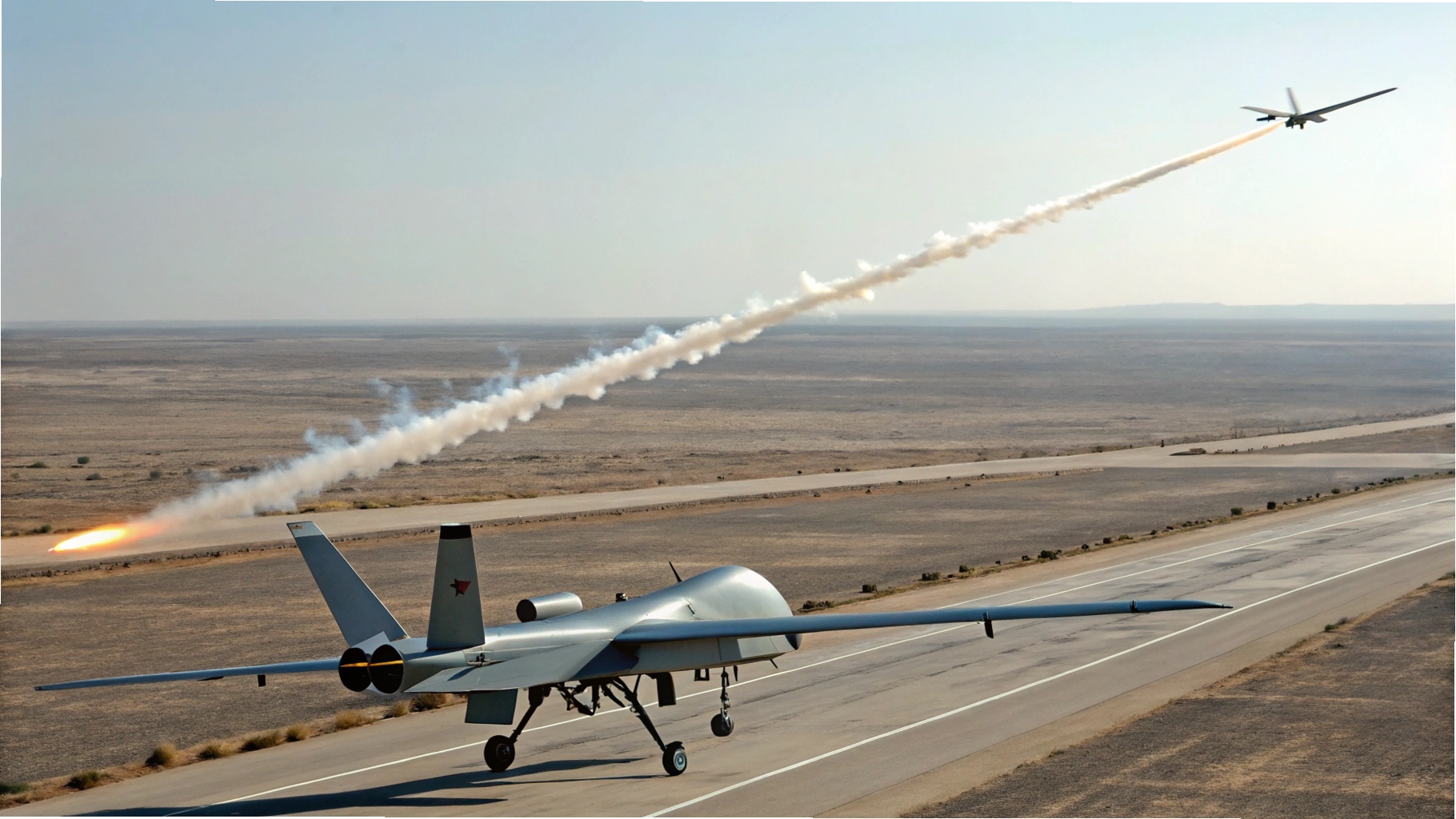
The United States Army has finalized a $900.5-million deal for the continued production and delivery of Javelin missile systems, further extending the reach of one of the most widely deployed man-portable anti-tank weapons in the world. The new contract stands out not only for its scale but also for its inclusion of first-time customers Brazil and Tunisia. With these additions, the Javelin establishes an operational footprint on every continent, reinforcing its global status as a preferred choice for modern infantry forces.
This agreement builds on a prior contract awarded in May 2023 to the Raytheon–Lockheed Martin Javelin Joint Venture, the partnership that manufactures the system. In addition to US Army requirements, the latest order encompasses foreign military sales for Australia, Bulgaria, and Estonia, further broadening its user base among NATO members and close allies.
The Javelin is prized for its ease of use, lethality, and portability. It offers true fire-and-forget capability, allowing soldiers to launch a missile and immediately move to cover, minimizing vulnerability. The missile can engage targets between 65 meters and 4 kilometers, enabling flexible application in both close-quarters combat and long-range engagements.
The system consists of three main components: the Command Launch Unit (CLU), the launch tube assembly, and the missile itself. The CLU provides day and thermal vision modes, offering up to 12x magnification in infrared, allowing troops to conduct reconnaissance as well as targeting. Weighing only 25 pounds and measuring just over a meter long, the missile can be carried and deployed by dismounted infantry, giving ground forces significant anti-armor capability without the need for heavy vehicles.
Combat experience has proven the Javelin’s effectiveness time and again. US and allied forces employed it extensively during operations in Iraq and Afghanistan, where it demonstrated reliability against armored vehicles, bunkers, and fortified positions. More recently, its battlefield success in Ukraine has highlighted its value in large-scale conflict, where armored formations remain a central threat.
The expansion of the system to Brazil and Tunisia has broader geopolitical implications. For Brazil, the purchase represents a major leap in its defense modernization and enhances interoperability with Western allies. Tunisia’s acquisition strengthens its regional security posture in North Africa, a region increasingly important for counterterrorism and stability operations. Both moves also reflect Washington’s strategic effort to bolster partnerships in regions outside NATO’s traditional boundaries.
Overall, the $900.5-million deal confirms the Javelin’s role as a reliable, combat-tested system that continues to attract new users worldwide. Its combination of portability, precision, and battlefield credibility ensures that it will remain a central tool for modern ground forces while serving as a diplomatic bridge that links the US more closely to allied militaries across the globe.





